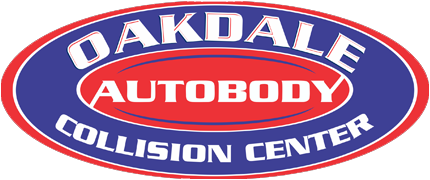A common misconception in the autobody world is that the repair shop dictates what happens to your vehicle if it’s past the point of repair. That is false, while we can write estimates for our direct repair companies; it is always up to the insurer whether or not the vehicle will repair. The insurance company you’re working with will determine the salvage value of your car. Of course, there are easy ways to know what you should receive in a pay out if your vehicle totals, but the check itself is paid directly from your insurance, or the insurance that accepted liability of the claim.
The Actual Cash Value is how an insurer will know whether or not your vehicle is repairable. In the state of Minnesota, it operates on an 80% basis, where if the cost of repairs is higher than 80% of the vehicles value, the vehicle will total out. The ACV can be determined by anybody, so if you’re interested you can certainly double check the quote your insurance gives you. That is often recommended as in some instances, the insurance can “lowball” your settlement to avoid paying a heftier bill. They will use information like the condition of your vehicle, the mileage, and commonly things like NADA or Kelly Blue Book. While the year of your vehicle does play a factor, this doesn’t always mean that just because you drive a brand new car, it won’t total out after an estimate is written.
Once the insurer deems your vehicle a total loss, you have the option of buying back the total, or reaching a settlement with the insurance for the total. If you choose to buy the total loss back from your insurance, that will be a settlement between the two of you. This is not always the recommended path, because often the vehicle is not street safe and you could face penalties from the police for driving it. You have the option of working with us to make your vehicle safe, and keep costs down with aftermarket parts.
If you choose to accept that your vehicle is a total loss, the insurance will typically issue you a check for the ACV less any pending deductibles or fees. If you own the vehicle outright, you get the check in full. If there’s a lease or a loan on the car, the check will be issued to the financing company, any overages will be issued to you, but any overages will need to be paid out by you.
Nobody wakes up in the morning and thinks “Oh boy, I hope I wreck my car today!” but sometimes, that’s the reality we face as vehicle owners. Often times, people are fairly out of touch with the repair process. It’s not often to have a “favorite” collision shop, but we’re here to do our best and be the best for you. So, while we may not be your “favorite” stop, we aim to be transparent and helpfull in this difficult time.

